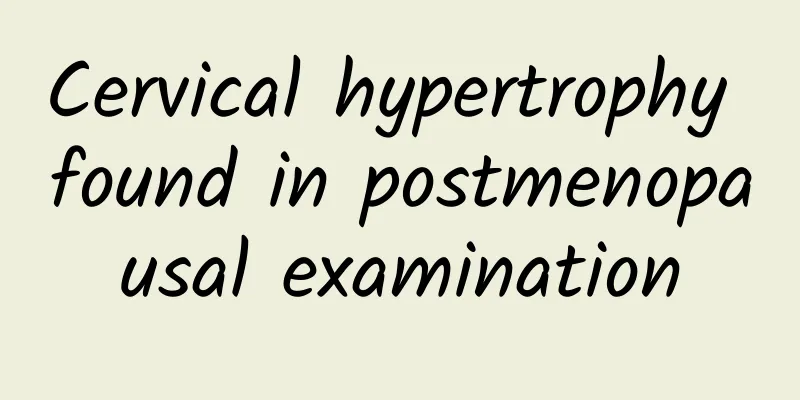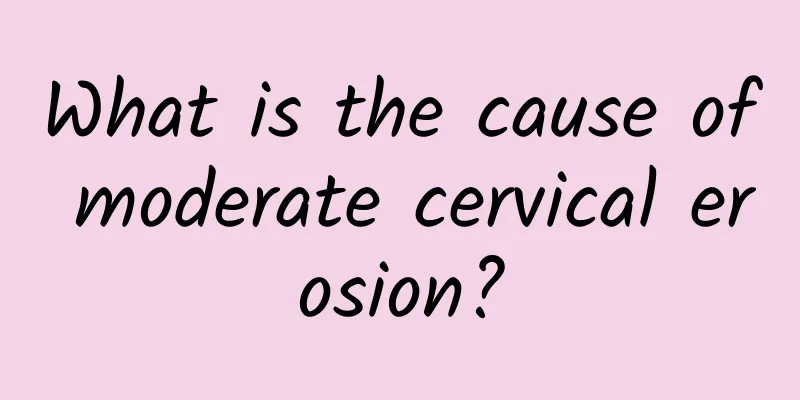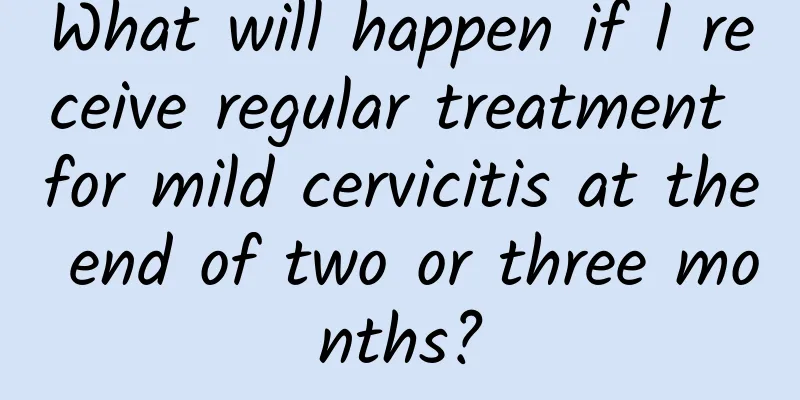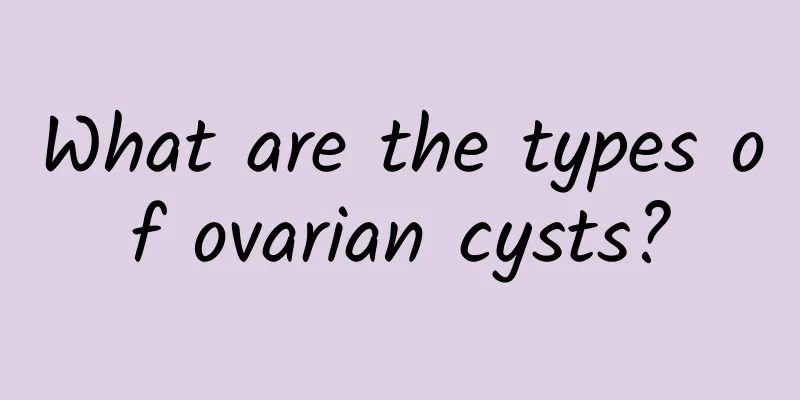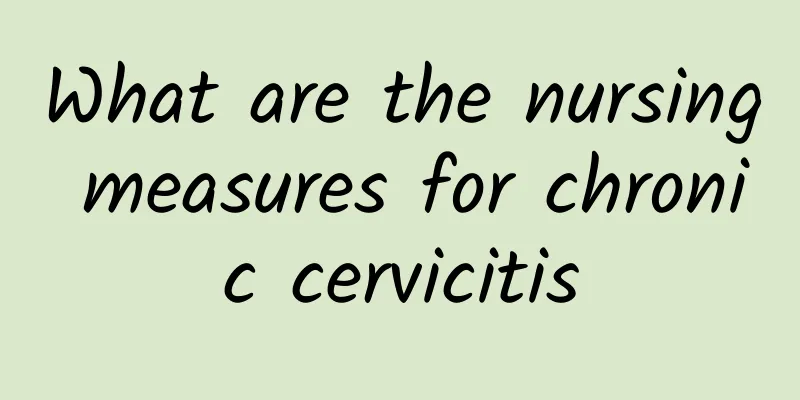What are the symptoms of uterine fibroids in women? Are the symptoms of uterine fibroids obvious?
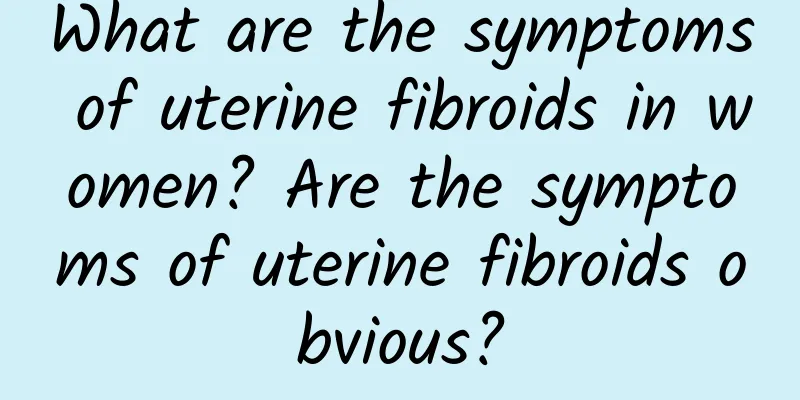
|
Uterine fibroids, also known as uterine leiomyoma, are the most common benign fibroids in the female genitalia. Generally, there are no obvious symptoms, and a few may present with vaginal bleeding, abdominal tumors, and compression symptoms. If the pedicle is twisted or other conditions occur, it will cause pain. It is common in multiple uterine fibroids. Uterine fibroids have the following symptoms. Most patients have no obvious symptoms and are only occasionally found during pelvic examinations. If symptoms occur, they are closely related to the location, growth rate and degeneration of the fibroids. 1. Menstrual changes: The most common symptoms are shortened menstrual cycle, increased menstrual volume, prolonged menstruation, irregular vaginal bleeding, etc. 2. Abdominal mass: abdominal distension, swelling in the lower abdomen, accompanied by a feeling of falling. 3. Increased vaginal discharge: Increased vaginal discharge, sometimes with a large amount of purulent and bloody discharge and necrotic tissue discharge with a foul odor. 4. Pain: Generally, patients do not have abdominal pain, but often have lower abdominal swelling, back pain, etc. When the subserosal fibroid pedicle of uterine fibroids is twisted, acute abdominal pain and redness of the fibroids may occur, with severe abdominal pain and fever. 5. Compression symptoms: When the fibroid grows forward or backward, it can compress the bladder, urethra or rectum, causing frequent urination, dysuria, urinary retention or constipation. When the fibroid grows to both sides, it will form a broad ligament fibroid, compressing the ureter or hydronephrosis; if it compresses the pelvic blood vessels and lymphatic vessels, it will cause lower limb edema. 6. Infertility: Fibroids compress the fallopian tubes and cause them to twist, or deform the uterine cavity, hindering the implantation of the fertilized egg and leading to infertility. 7. Secondary anemia: If the patient has excessive menstruation for a long time, it may lead to secondary anemia, with symptoms such as general fatigue, pale complexion, shortness of breath, and palpitations. 8. Hypoglycemia: Hypoglycemia is also rare in uterine fibroids. The main symptoms are low fasting blood sugar, loss of consciousness, shock, and the symptoms completely disappear after glucose injection. After tumor resection, the symptoms of hypoglycemia completely disappear. It is recommended to check as soon as possible. |
Recommend
Will wearing tight pants often cause adnexitis?
Nowadays, adnexitis has always been a headache fo...
How much hcg will rupture in ectopic pregnancy
The rupture of ectopic pregnancy has no direct re...
Premonition of menstruation after induced abortion
After induced abortion, the patient's menstru...
There is a loophole in preventing fatty liver disease. The remedy is to measure your waist with a tape measure.
Have you measured your waist today? The standard ...
Is it dangerous to have an abortion for a cervical pregnancy? Will there be bleeding?
There are certain risks in abortion for cervical ...
What causes adnexitis?
Treatment of adnexitis includes antibiotics, phys...
How long does it take for menstruation to start after ectopic pregnancy surgery?
How long does it take for menstruation to start a...
Do you know the key points of prevention and treatment of cervical hypertrophy?
Do you know about cervical hypertrophy? How much ...
Does microwave treatment of cervical erosion affect fertility?
Does microwave treatment of cervical erosion affe...
Treatment of Fungal Vaginitis Based on Syndrome Differentiation of Traditional Chinese Medicine
Treatment of fungal vaginitis based on TCM syndro...
Why do you need to take contraceptive pills after an abortion? Five things women should pay attention to after an abortion
Abortion is usually a measure taken when contrace...
Typical symptoms of threatened abortion
Typical symptoms of threatened abortion include v...
What are the menstrual characteristics of uterine fibroids?
What are the menstrual characteristics of uterine...
How do women distinguish between cervical erosion and cervicitis? Tips for early medication treatment of cervical erosion in women
Cervical erosion is a common gynecological diseas...
Eliminate stress and fat! Homemade 3-course hawthorn fat-reducing tea
Spring is the main season for the liver. Diseases...
